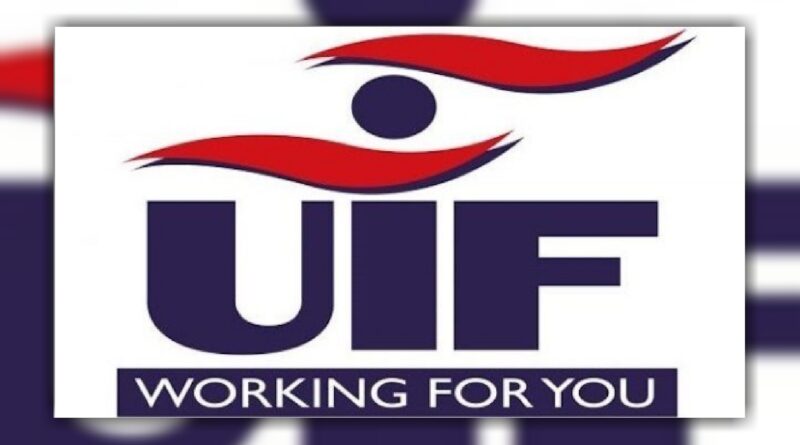The Effects of UIF on Jobless South Africans: A Safety Net That Falls Short
Unemployment is one of South Africa’s greatest challenges within the broader socio-economic framework. Come 2025, the unemployment rate is set to remain over 90 percent, especially amongst the youth. In this social climate, the Unemployment Insurance Fund (UIF) is viewed as both an economic and social safety net, and as the nation’s attempt to address social welfare in South Africa. The question arises, however: how useful is the UIF in alleviating the unemployment concerns in South Africa, and where exactly does it miss the mark?
Unpacking UIF
The Unemployment Insurance Fund is an example of South African social security in the form of a preservative policy, as the state-sponsored UIF aims to assist in the mitigation of poverty during periods of unemployment. The UIF is one example of the South African state attempting to aid its citizens, through an ordering principle of the law, to shield them from the consequences of unemployment. Preservative policy aims to implement social assistance in the form of social security: as long as it is triggered, aid in the form of money is provided. Therefore, it is an attempt to protect both the employer and employee.
A Temporary Support Cushion
UIF has assisted countless South Africans, and for many, the UIF has made holds this promise of aid a reality in moments of great functional unemployment. It offers an inadequate buffer for those who are displaced from their jobs unwillingly. The UIF payments have the potential to ameliorate functional unemployment to an extent during the search for new employment opportunities.
This aid is particularly important in a nation with widespread informal employment sectors and limited opportunities for career longevity. When UIF is working as intended, it provides a sense of dignity and hope for people that is essential during times of uncertainty.
The COVID-19 Test
The shortcomings of the Unemployment Insurance Fund (UIF) system were evident during the COVID-19 pandemic, which triggered widespread job losses due to lockdowns and economic shutdowns. The UIF (Unemployment Insurance Fund) paid out billions of rands through The Temporary Employer/Employee Relief Scheme (TERS) to affected employees. This support was vital for many people during the difficult lockdowns.
As the pandemic unfolded, the UIF suffered a tarnished reputation due to mismanaged and system-delayed payments, system failures, and rampant corruption. Questions arising about the system’s transparency and overall efficacy were fueled by allegations of lacking the capacity to support its increasing dependents.
Challenges Facing the Unemployed
UIF, regardless of its well-meaning objectives, is inaccessible to a certain demographic, particularly the unemployed. Eligibility strictly requires prior employment within the formal sector, which effectively shuts out a considerable segment of the population engaged in freelance or informal work. Coupled with the soaring youth unemployment rate in South Africa, many recent graduates or first-time job seekers who have never contributed to the UIF reveal the inadequacy of the system.
Moreover, people characterize the process to apply for UIF benefits as complex and lacking transparency. The Department of Labour’s poor customer communication, along with long waiting times and system outages, makes the process more difficult and can postpone essential payments by months.
An Opportunity for Reform
The UIF is crucial in aiding unemployment in South Africa, however, to maximize its full potential, a more holistic approach is necessary. For instance:
Modernizing application procedures for hands-on jobs to enhance system efficiency
Incorporating coverage for informal and gig economy workers
Rebuilding public trust through increased transparency and accountability
Offering other relevant aids such as subsidized job fulfillment and relevant skill training
If the UIF is made more accessible, its potential impact on reducing poverty is significant.
Conclusion
Despite its challenges, the Unemployment Insurance Fund is one of the central pillars of South Africa’s social protection system. For those able to navigate the system, UIF provides essential support during periods of unemployment, even if it is temporary. For the millions of people who do not have access to it, however, it serves as a poignant reminder of the inadequacies of a formalized system dominated by an informal economy. Addressing South Africa’s enduring structural unemployment challenges, the UIF requires urgent and transformative reform to make it more inclusive, streamlined, and just. This is not only a policy requirement; it is an urgent social imperative.
